Comprehensive Parts Diagram for Lincoln Ranger 250
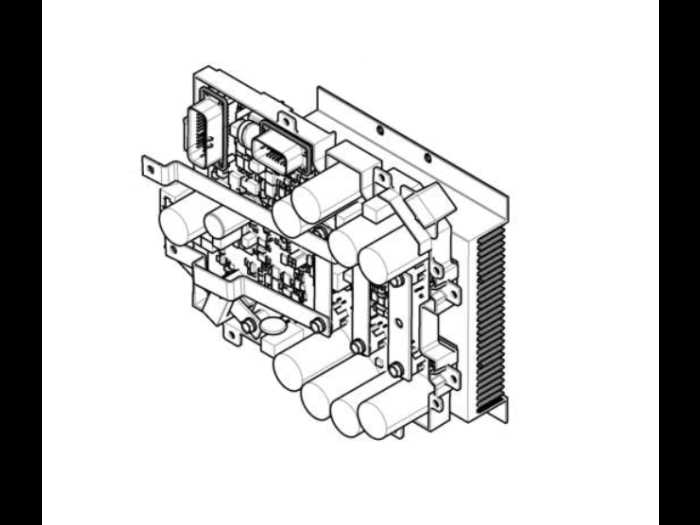
Exploring the intricate structure of your automobile can significantly enhance your maintenance capabilities and overall driving experience. Recognizing how each component interacts within the machinery is essential for both novice and seasoned enthusiasts alike.
Visual representations serve as invaluable tools for understanding the arrangement and function of each element, allowing for efficient repairs and upgrades. A comprehensive layout of the various components simplifies troubleshooting and fosters a deeper appreciation for engineering.
Delving into these schematics empowers owners to confidently tackle challenges, ensuring their vehicle remains in peak condition. Ultimately, familiarity with these technical illustrations can transform routine maintenance into an engaging and rewarding endeavor.
Understanding Lincoln Ranger 250 Overview
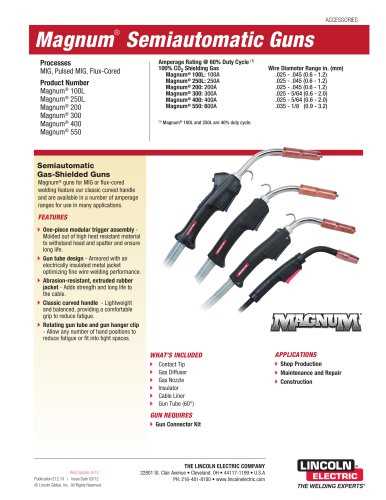
This section aims to provide a comprehensive understanding of a specific type of welding machine, focusing on its essential components, functionalities, and applications. By exploring the intricate details, users can gain valuable insights into how this equipment operates effectively in various scenarios.
Key Features
Durability and performance are two defining characteristics of this machinery. Built to withstand rigorous conditions, it excels in both industrial and outdoor environments. Its user-friendly design enhances efficiency, making it a preferred choice among professionals.
Applications
This versatile equipment finds its place in numerous sectors, including construction, automotive repair, and metal fabrication. Whether it’s for small repairs or extensive projects, understanding its capabilities allows users to optimize their workflow and achieve superior results.
Key Features of Lincoln Ranger 250
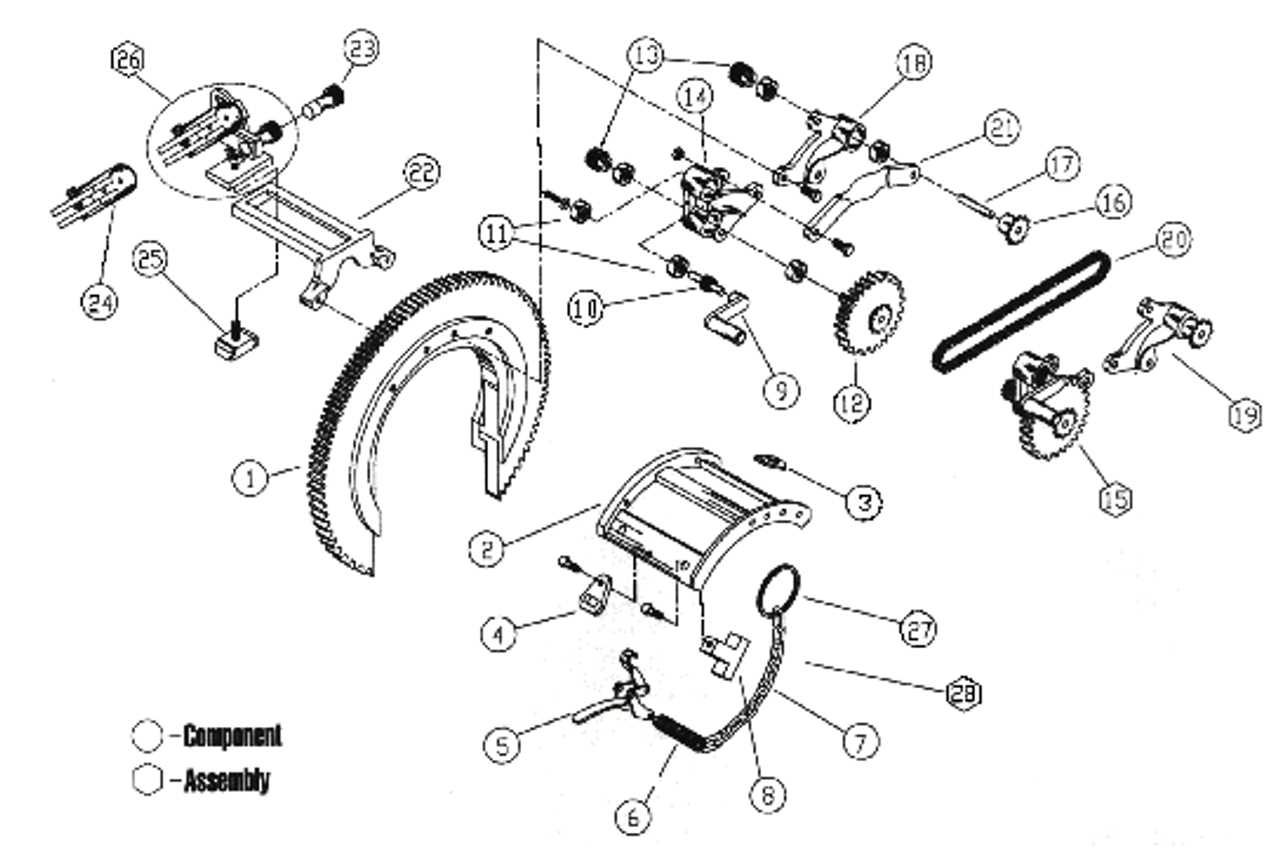
This versatile machine stands out in the world of portable welding equipment, combining durability with functionality. Its design caters to both professionals and hobbyists, making it an essential tool for various applications. Below are some notable attributes that enhance its appeal and usability.
Robust Performance
- Powerful engine designed for heavy-duty tasks.
- Efficient output that supports multiple welding processes.
- Reliable operation in diverse environments, including remote locations.
User-Friendly Design
- Compact structure facilitates easy transportation.
- Intuitive controls enhance user experience and accessibility.
- Durable construction withstands tough working conditions.
Overall, this equipment combines strength with practicality, making it a top choice for anyone in need of dependable welding solutions.
Importance of Parts Diagram
Understanding the layout of components within machinery is crucial for effective maintenance and repair. A visual representation of these elements allows technicians to quickly identify and source necessary items, streamlining the repair process and reducing downtime.
Such illustrations not only enhance comprehension but also aid in troubleshooting by showcasing the relationship between various elements. This knowledge empowers users to make informed decisions about repairs and replacements.
| Benefits | Description |
|---|---|
| Efficiency | Facilitates quick identification of components needed for repairs. |
| Clarity | Provides a clear visual reference to understand the assembly. |
| Accuracy | Reduces the risk of errors during maintenance tasks. |
| Accessibility | Makes it easier to locate and order replacement items. |
Common Components in Welding Equipment
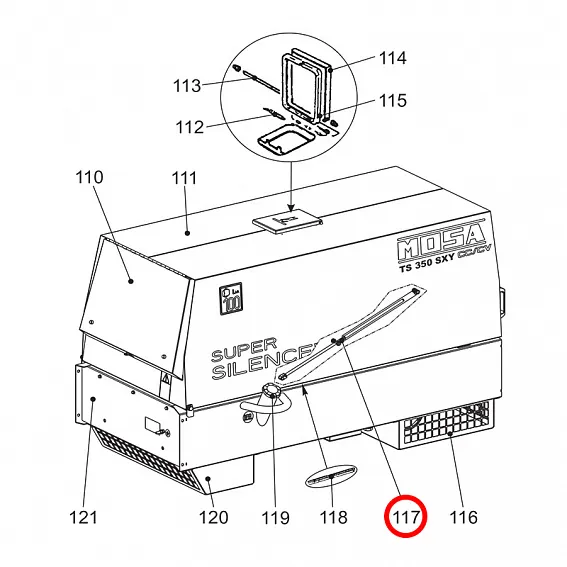
Welding machinery consists of various essential elements that work in harmony to achieve effective joining of materials. Understanding these components is crucial for optimizing performance and ensuring safety during operations.
Power Source is the heart of any welding setup, providing the necessary electrical energy to create an arc. This can vary between types, including transformer-based and inverter systems.
Electrode Holder serves as a crucial tool, allowing the operator to securely hold the welding electrode while delivering electrical current. Its design affects maneuverability and comfort.
Work Clamp is another vital piece, ensuring a stable ground connection to the workpiece. This component directly influences the quality of the weld by maintaining a consistent flow of electricity.
Cooling System helps prevent overheating of the equipment during prolonged use. Effective cooling methods can enhance longevity and reliability, making this aspect critical in high-demand situations.
Protective Gear, including helmets and gloves, is essential for safety, shielding the operator from harmful radiation and sparks produced during the welding process.
By delving into these components, users can better appreciate the complexities of welding technology and enhance their overall experience in the field.
How to Read a Parts Diagram
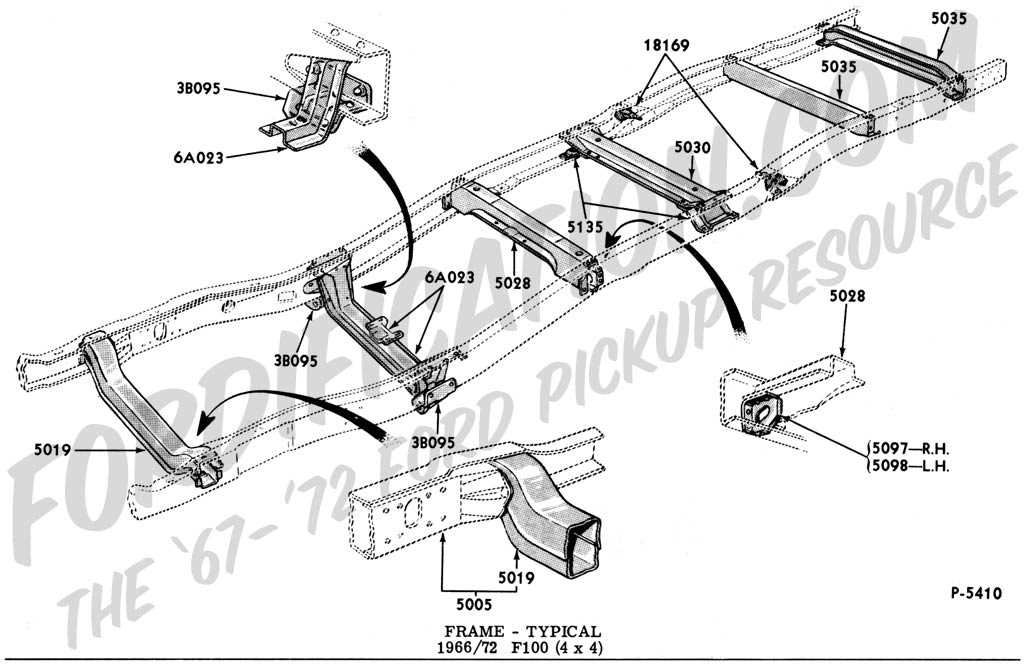
Understanding an assembly illustration is essential for effective maintenance and repair tasks. These visual guides help users identify components, their functions, and how they interact within a larger system. By mastering the art of reading such representations, you can streamline your repair processes and ensure accurate replacements.
To begin, familiarize yourself with the common symbols and notations used in these visuals. Each symbol typically represents a specific part, while lines and arrows indicate connections and relationships between them. Here’s a breakdown of the key elements you might encounter:
| Symbol | Description |
|---|---|
| Circle | Often denotes a component or assembly |
| Arrow | Indicates direction of flow or connection |
| Box | Represents a sub-assembly or group of parts |
| Numbers | Refer to a specific part in the accompanying list |
Next, pay attention to the reference numbers. They are usually linked to a list that provides detailed descriptions and specifications for each element. This can include dimensions, material types, and other relevant information that aids in the identification and procurement of replacements.
Lastly, practice is key. The more you engage with these illustrations, the more intuitive reading them will become. By developing this skill, you’ll enhance your ability to troubleshoot issues effectively and maintain optimal functionality in your equipment.
Identifying Lincoln Ranger 250 Parts
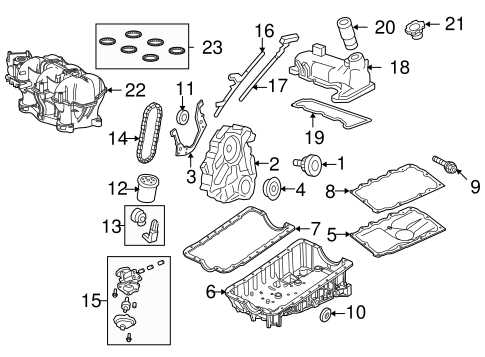
Understanding the components of a welding machine is essential for effective operation and maintenance. Familiarity with each element allows users to troubleshoot issues, replace worn-out items, and optimize performance.
Key Components Overview
Every unit consists of various crucial elements, each serving a specific function. Recognizing these parts is vital for ensuring proper usage and longevity.
Component Breakdown
| Component | Description |
|---|---|
| Power Source | Provides the necessary energy for welding operations. |
| Control Panel | Allows users to adjust settings for different tasks. |
| Electrode Holder | Securely holds the electrode during operation. |
| Ground Clamp | Ensures proper grounding for safe operation. |
| Cooling System | Maintains optimal temperature during extended use. |
Maintenance Tips for Longevity
Proper upkeep is essential for extending the lifespan and enhancing the performance of your equipment. Regular attention to key components can prevent minor issues from escalating into significant problems, ensuring reliable operation for years to come.
1. Regular Cleaning: Keeping your machinery clean is vital. Dust and debris can accumulate and cause wear. Schedule periodic cleaning sessions to remove contaminants, particularly around moving parts.
2. Lubrication: Ensure all moving parts are adequately lubricated to minimize friction. Regularly check and apply the appropriate grease or oil as specified in the manufacturer’s guidelines.
3. Inspection: Conduct frequent inspections of critical components. Look for signs of wear, corrosion, or damage, and address any concerns promptly to avoid more extensive repairs.
4. Follow the Manual: Always refer to the manufacturer’s manual for specific maintenance schedules and procedures. Adhering to these guidelines helps maintain optimal performance and safety standards.
5. Storage Conditions: Proper storage is crucial when the equipment is not in use. Keep it in a dry, temperature-controlled environment to prevent rust and other environmental damage.
By following these maintenance tips, you can significantly enhance the durability and efficiency of your machinery, ensuring it operates smoothly over time.
Replacing Worn or Damaged Parts
Maintaining the efficiency and safety of your equipment is crucial, and replacing deteriorated components is an essential part of this process. When elements become compromised, it can affect overall performance and lead to more significant issues down the line.
Identifying issues is the first step. Regular inspections can reveal signs of wear, such as cracks, rust, or unusual noises. Once identified, prioritizing replacements based on severity can help in managing costs and downtime effectively.
When sourcing replacements, quality should never be compromised. Opting for high-grade materials ensures longevity and reliability. After acquiring new components, proper installation is vital to maintain operational integrity and prevent future problems.
Where to Find Replacement Parts
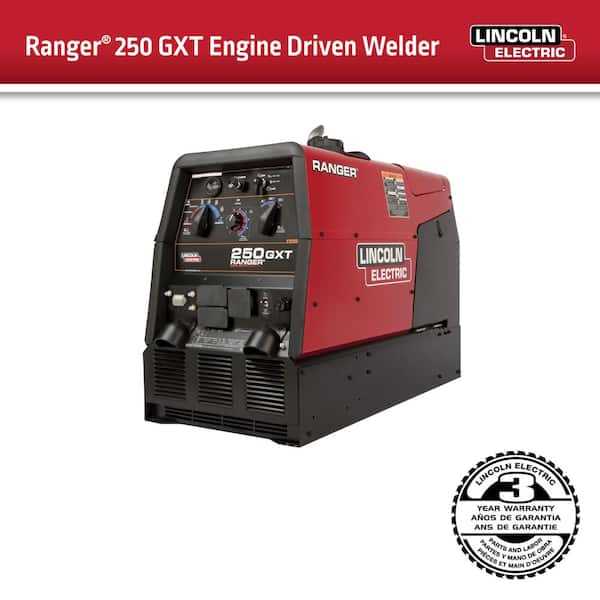
Locating suitable components for your machinery can significantly enhance its performance and longevity. With the right sources, you can ensure that you are using high-quality items that meet the specific requirements of your equipment. Whether you are seeking genuine items or reliable alternatives, numerous avenues can be explored to find what you need.
Authorized dealers often provide a comprehensive selection of original components, ensuring compatibility and reliability. Visiting manufacturer websites can also yield valuable information, including catalogs and recommendations for trusted distributors. Additionally, online marketplaces and specialized retailers offer a wide array of options, often at competitive prices. Be sure to check customer reviews and ratings to gauge the reliability of the seller.
For those looking for budget-friendly alternatives, local salvage yards or second-hand stores can be treasure troves. Many of these locations have dismantled units, where you might find functional components at a fraction of the cost. Just make sure to verify the condition and compatibility before making a purchase.
Finally, online forums and communities dedicated to your equipment type can provide insights and recommendations from experienced users. Engaging with fellow enthusiasts can lead to valuable tips on sourcing and even potential trade opportunities. By exploring these various channels, you can find the right components to keep your machinery operating smoothly.
Common Issues and Troubleshooting
When operating machinery, encountering problems is not uncommon. Recognizing these issues early can save time and resources. This section addresses frequent challenges users might face and provides guidance on resolving them effectively.
Electrical Problems
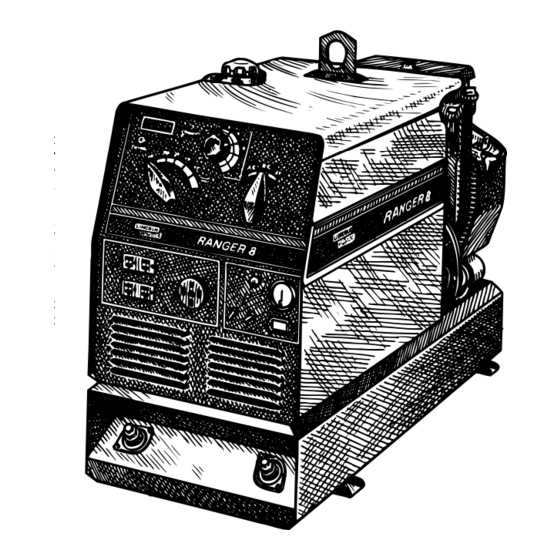
One of the most prevalent difficulties involves electrical components. Symptoms like inconsistent power supply or failure to start often indicate underlying issues. Check batteries for proper charge and connections, as well as fuses for any signs of damage. Additionally, inspect wiring for wear and tear, which can lead to short circuits.
Mechanical Failures
Mechanical breakdowns can hinder performance significantly. Common signs include unusual noises or vibrations during operation. Begin troubleshooting by examining belts and bearings for signs of wear. Ensure that all moving parts are well-lubricated and free from debris. Regular maintenance can prevent these issues and extend the lifespan of the equipment.
Benefits of Using OEM Parts
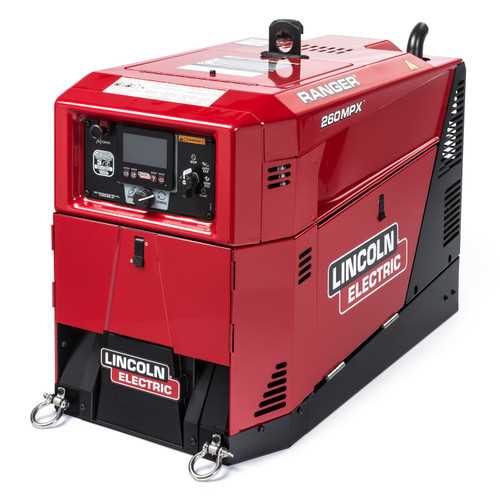
Utilizing original equipment manufacturer components ensures optimal performance and longevity for your vehicle. These items are designed to meet the exact specifications set forth by the manufacturer, thereby providing a reliable solution for maintenance and repair needs. Choosing these authentic elements can significantly enhance the overall efficiency and safety of your machine.
Quality Assurance
One of the primary advantages of selecting original components is the assurance of quality. OEM parts are subjected to rigorous testing standards, ensuring that they perform consistently under various conditions. This high level of reliability minimizes the risk of premature failure and reduces the frequency of repairs.
Perfect Fit and Compatibility
Another key benefit is the perfect fit and compatibility that these components offer. Because they are manufactured specifically for certain models, they integrate seamlessly into existing systems. This precision not only aids in installation but also enhances the overall functionality of the vehicle, making it a sound investment for any owner.